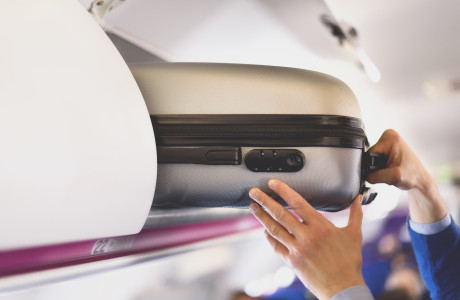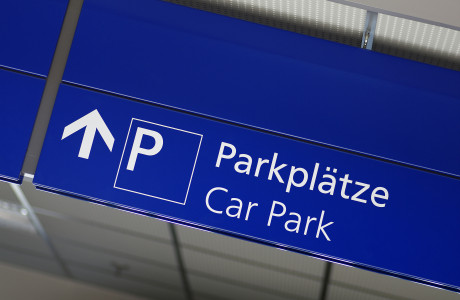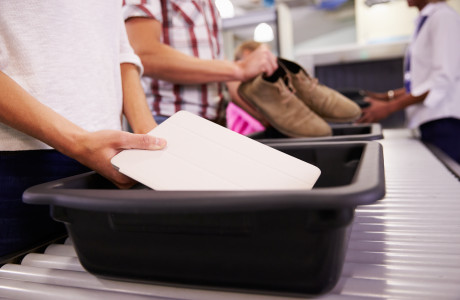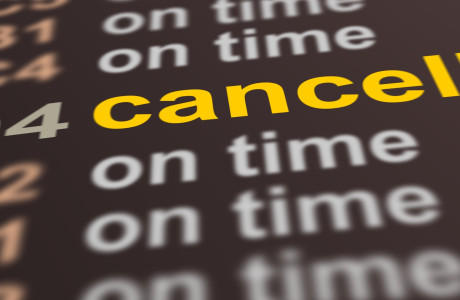
Your passenger rights – what you should know
Sometimes, the air traffic controllers or the ground crews may go on strike. Sometimes the cabin crew and pilots take to the streets for better working conditions, which can cause an airline to file for bankruptcy. Sometimes the weather plays a wild card or a volcano in Iceland erupts in ash and paralyses all European air traffic. Often, you can’t even come close to predicting what the situation might be – but what do air travellers do in such a situation? When am I actually entitled to compensation as a passenger, and is it best for me to claim it from my airline?
Regardless of whether the aircraft arrives late at its destination, the flight is overbooked or completely cancelled or the baggage doesn’t arrive after the flight doesn’t go as planned, your rights and claims are clearly defined. These are based on the European Air Passenger Rights Ordinance of 2004 (Regulation (EC) No. 261/2004). Which passenger rights you are entitled to depends on what went wrong during your specific flight. In order for you to be able to assert your claim in accordance with the current European Air Passenger Rights Ordinance, the following basic requirements must be met:
Your flight must have started in an EU country, or
Your flight has landed in an EU country and the airline concerned is based in a member state of the European Union.
It should be noted that the provisions of the Air Passenger Rights Ordinance also apply in Switzerland, Norway and Iceland, as well as to flights as part of a package tour. For the latter, it is advisable to assert your claim according to EU regulations directly against your airline and not against the tour operator. Don’t just let yourself be deterred or bogged down in the process. Airlines are betting that passengers entitled to compensation will lose their breath, give up and their claims will fizzle out as a result of their delaying and stalling tactics. The only winner is the airline, because it does not have to pay.
If you do not have the necessary time and patience to assert your justified claim against your airline yourself, you can use service portals such as the websiteswww.flightright.de or www.flugrecht.de. With these portals, the service provider takes over the annoying work for you and, if successful, collects a part of your compensation in return for their services. How this works and what happens in individual cases can be found directly on the websites of these services.
Below, we will gladly summarise classic cases in which you as a passenger have justified claims against your airline.
1. Flight delay
If your aircraft arrives more than three hours late at its destination, you are entitled to compensation (between 250 and 600 euros). However, this only applies if the airline itself is responsible for the delay. For the correct calculation of the flight delay, arrival means the opening of at least one door so that passengers can leave the aircraft. Important: the landing time is irrelevant. This was decided by the European Court of Justice in September 2014.
In the event that the aircraft does not take off until the next day, the airline will also have to take care of meals, the making of at least two telephone calls or e-mails and pay for one night’s accommodation.
2. Flight cancellation
If you are affected by a flight cancellation, you may request a refund of the ticket price paid or insist on alternative transportation. You may also be entitled to additional compensation. However, this depends on the specific individual case. The keywords to checking and asserting your rights and claims are: denied boarding.
3. Overbooking
Airlines try to maximise their effectiveness to increase the profitability of each individual flight. That’s why airlines sometimes sell more airline tickets than there are seats on the plane. In these cases, the airlines usually offer an alternative flight or try to persuade some of the passengers to voluntarily withdraw from the booking.
Here’s the deal: only accept the offer if the compromise offered to you is actually advantageous for you. Don’t let yourself be dazzled by an alleged bargain in the form of a voucher or the like, because as soon as you accept the offer, your further claims for compensation against the airline lapse. You have paid for the flight, so you should insist on the regular flight and not agree to the transfer to another plane.
If no passenger voluntarily gives up their seat on the aircraft, the airline will rebook part of the flight forcibly and against the will of the passengers. Unfortunately, there is nothing you can do about it on-site. In the event of such denied boarding, you as a passenger have the same rights as in the case of the above-mentioned flight cancellation. In any case, you are, therefore, entitled to an alternative transport to the next possible date. The airline must provide you with appropriate support and possibly make an additional compensation payment to you.
What are “extraordinary circumstances” in air traffic?
As so often in life, there is always the exception to the rule. The same applies to your rights as a passenger. This is the case when so-called “extraordinary circumstances” exist. Your airline will not have to pay you any compensation for a flight delay or cancellation if the circumstances are exceptional. Unfortunately, the European Passenger Rights Regulation leaves the definition of exceptional circumstances rather open, so that disputes often arise between passengers and airlines, which then have to be decided separately by a court in each individual case.
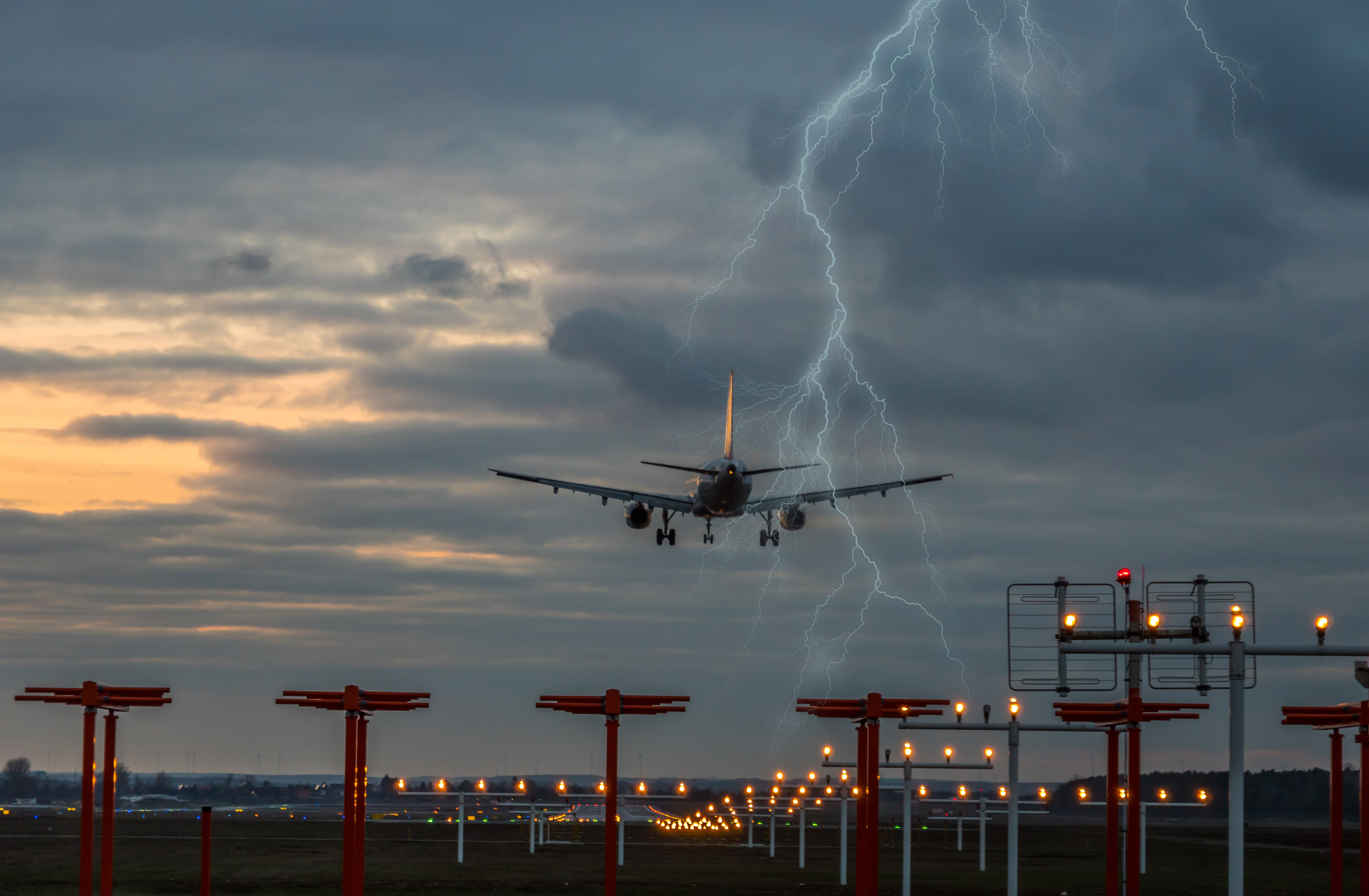
Failures or delays due to storms or harsh winter weather are basically an extraordinary circumstance for which the airline is not responsible. In this case, you are only entitled to on-site assistance and the opportunity to continue your journey. This is different if the de-icing fluid for the aircraft is missing or if it was not adequately prepared for the winter weather. These causes then lie within the area of responsibility of your contractual partner, with the result that the latter is liable to pay you compensation.
A pilot or air traffic controller strike can be an extraordinary circumstance, but even in the case of a strike, it always depends on the individual case. If too many cabin personnel fall ill in a so-called “wild strike”, this is an extraordinary circumstance. In the TuiFly case in autumn 2016, the European Court of Justice ruled that the airline cannot invoke exceptional circumstances due to a wave of illness.
If you are not sure whether the cause of your flight cancellation is due to internal airline reasons or exceptional circumstances, or if you have the impression that the airline wants to avoid compensation, simply submit your case to a passenger rights portal. In case of doubt, the airline must prove in court that it was not actually responsible for the circumstances.

